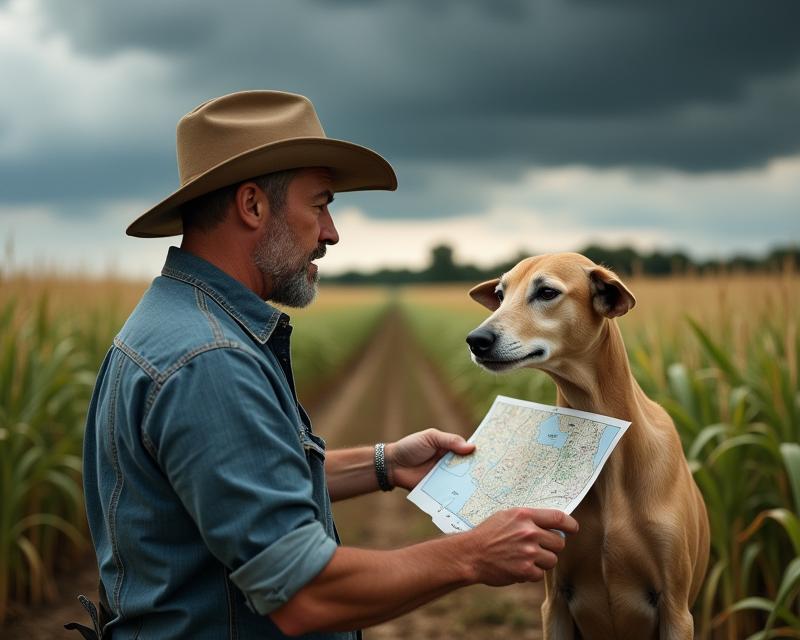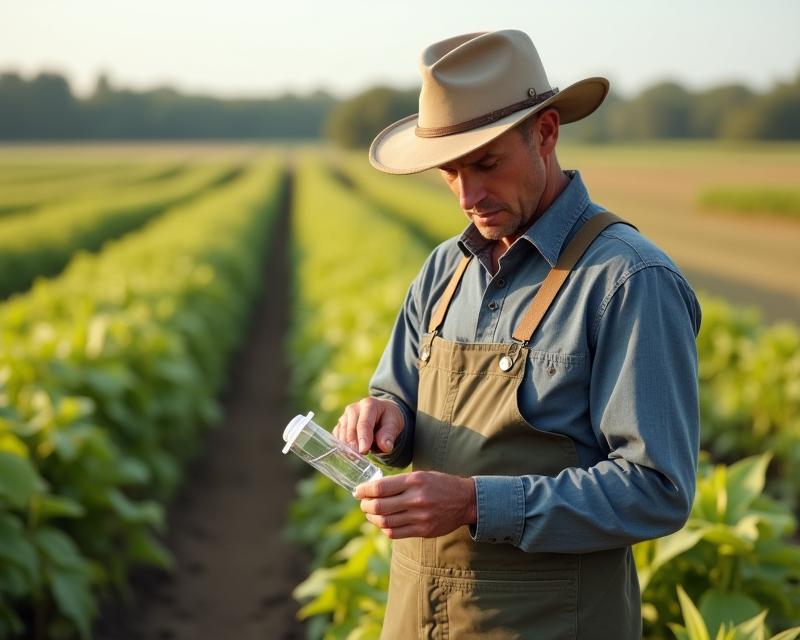Weather Risks: Protecting Your Central NA Crops
Publish in Agriculture el 01/07/2025 02:58
Weather Risks: Protecting Your Central NA Crops
Hello farmers and gardeners! We all know farming is a beautiful, rewarding, but sometimes unpredictable business. One of the biggest challenges we face in central North America is, of course, the weather. Unforeseen weather events can significantly impact our yields and livelihoods. Understanding these risks and planning accordingly is crucial for success.

Common Weather Threats
Central North America experiences a wide range of weather conditions, from scorching summers to freezing winters, and everything in between. Here's a look at some of the most common threats to major cash crops:
- Droughts: Prolonged periods of low rainfall can severely stress crops, leading to stunted growth and reduced yields. This is a major concern, especially for crops like corn, soybeans, and wheat.
- Excessive Rainfall & Flooding: Too much rain can cause waterlogging, damaging roots and promoting disease. Flooding can completely wipe out fields.
- Hail: Hailstorms can inflict devastating damage to crops, leaving behind bruises, cuts, and broken stems. Fruit orchards and vegetable gardens are particularly vulnerable.
- Extreme Temperatures: Heat waves can damage crops during critical growth stages, while late frosts can kill blossoms and young plants.
- Late/Early Frosts: Unpredictable frost patterns can damage crops, especially those that are sensitive to cold temperatures.
Mitigation Strategies
While we can't control the weather, we *can* take steps to mitigate its impact. Here are some strategies to consider:
- Crop Selection: Choose crop varieties that are known to be more resilient to local weather conditions. Talk to your local agricultural extension office for recommendations.
- Irrigation: Invest in efficient irrigation systems to supplement rainfall during dry periods. Drip irrigation is a particularly water-wise option.
- Soil Health: Healthy soil retains water better and is more resistant to erosion. Practices like cover cropping and no-till farming can improve soil health.
- Crop Insurance: Consider purchasing crop insurance to protect yourself financially in the event of a weather-related disaster.
- Diversification: Planting a variety of crops can help to spread the risk. If one crop is damaged by the weather, you still have others to rely on.
- Weather Monitoring: Stay informed about upcoming weather patterns. Use weather apps, subscribe to weather alerts, and pay attention to local forecasts.
Planning for the Future
Weather patterns are becoming increasingly unpredictable, so it's essential to adapt our farming practices. By understanding the risks and implementing proactive mitigation strategies, we can increase our chances of a successful harvest, no matter what Mother Nature throws our way. Don't hesitate to connect with other farmers in your area to share knowledge and learn from their experiences. Together, we can build a more resilient and sustainable agricultural future!





